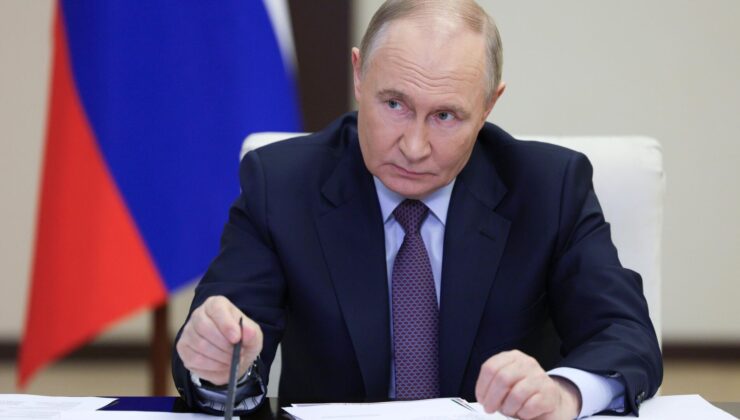Overview of the Russian Defense Development Meeting
Russian President Vladimir Putin convened a high-level strategic session focused on shaping the future of the nation’s military capabilities through an advanced state armament program. During this pivotal discussion, President Putin emphasized the critical importance of innovation and modernization within Russia’s defense industry, underscoring a commitment to maintaining technological superiority.
He articulated a vision for a comprehensive long-term development plan, calling for the creation of cutting-edge weapon systems that leverage lessons learned from recent military operations and regional conflicts. Highlighting impressive progress, Putin noted that modern weapons now comprise approximately 95% of Russia’s strategic nuclear forces—an achievement unparalleled among global nuclear powers, reinforcing Russia’s sovereignty and strategic stability.
Key Strategic Directions and Policy Enhancements
- Extension of Program Duration: The new state armament program has been extended from 2027 to 2036, allowing for a more robust development timeline.
- Long-Term Production Planning: Establishment of clear principles for planning sustainable, long-term production and technological development within the defense sector.
- Integration with Military Development Strategies: Ensuring alignment with broader military development initiatives, including scope and operational timelines.
- Addressing Military Needs: The program must incorporate the current and future requirements of the Armed Forces to ensure operational readiness and technological edge.
- Focus on Nuclear Capabilities: Special emphasis on the nuclear triad as a cornerstone of national security, with continued innovation to safeguard Russia’s sovereignty.
Industrial and Technological Advancements
Recent years have witnessed a significant surge in production volumes within Russia’s defense manufacturing enterprises, a growth fueled by government support and strategic investments. As the global landscape of military technology evolves rapidly, Russia recognizes the necessity of staying ahead by monitoring international trends and fostering innovation.
Enhancement of ground forces’ combat capabilities remains a priority, with infrastructure development—including new bases, ammunition depots, and airfields—being meticulously planned to support the deployment of advanced weapon systems. A series of systemic measures are also underway to modernize and repair aviation equipment, ensuring operational efficiency and technological competitiveness.
Export Potential and Strategic Objectives
An essential component of the new program involves boosting the export capacity of Russian weaponry, especially those models proven effective in combat scenarios. Strengthening this sector not only enhances Russia’s global influence but also sustains technological innovation through international cooperation.
Furthermore, the development of a comprehensive naval strategy aligned with the Development Strategy for the Russian Navy until 2050 underscores the importance of maritime power in national security. Equally vital is the consideration of civilian manufacturing within defense enterprises and the formulation of a robust personnel policy to ensure a skilled, motivated workforce capable of supporting future technological advancements.
Final Remarks
President Putin concluded by emphasizing the necessity of holistic measures for creating, modernizing, and maintaining military equipment. The overarching goal is to foster a resilient, innovative, and self-reliant defense industry capable of meeting both current and future challenges on the global stage.
This strategic overview was crafted with the support of artificial intelligence, reviewed by experts, and is subject to our Terms and Conditions. Vezir Agency
 02:00
02:00




 News
News
 Dünya
Dünya
 Dünya
Dünya
 Dünya
Dünya
 Dünya
Dünya
 Dünya
Dünya




